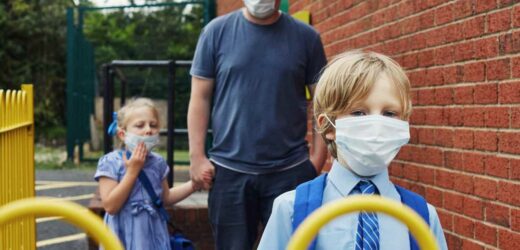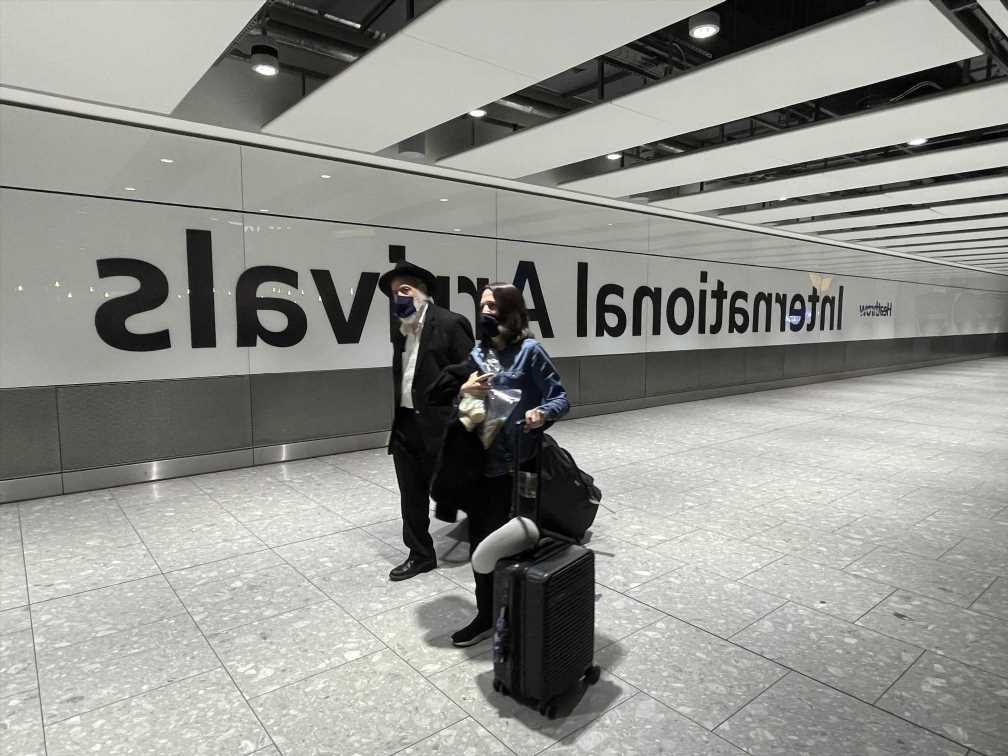COVID cases are at record highs as children prepare to go back to school.
After a busy festive period, many kids and parents will come down with the coronavirus.
Parents and ministers are keen to keep kids in the classroom whatever it takes.
If mum, dad or caregiver tests positive for Covid, can their child still go to school?
We explain everything you need to know if you find yourself in this situation.
Can the child go to school?
Government guidance says that a child who is a close contact of a Covid case can still go to school if there is someone with Covid in the home.
They do not need to self-isolate.
Close contacts are identified through NHS Test and Trace.
Most read in Health
BACK TO LIFE PM says Brits remain lockdown free as 'normality to return in months'
Worst is over & we can't jab whole planet every 6mnths, says vaccine boss
Hospital admissions FALL in London for first time since Omicron variant emerged
Omicron symptoms on skin, lips & nails could mean you need urgent treatment
As of January 2, the guidance says: “Children and young people aged under 18 years 6 months who usually attend school, and have been identified as a close contact, are not required to self-isolate.
“Staff who do not need to isolate, and children and young people aged under 18 years 6 months who usually attend school who have been identified as a close contact of someone with Covid-19 should continue to attend school as normal.”
But it is strongly advised that anyone who lives in the home of a Covid patient tests every day with lateral flow tests.
The guidance says: “From 14 December 2021, adults who are fully vaccinated and all children and young people aged between 5 and 18 years and 6 months identified as a contact of someone with Covid-19 are strongly advised to take a LFD test every day for 7 days and continue to attend their setting as normal, unless they have a positive test result.”
Children under five years are exempt from self-isolation and do not need to take part in daily testing of close contacts.
What are the self-isolation rules?
If you get a positive lateral flow test, you need to immediately book a free PCR test through the NHS while staying at home.
If this PCR test result is positive, you must continue to self-isolate, even if you don’t have symptoms of the virus.
Your isolation period starts immediately from when your symptoms started, or, if you do not have any symptoms, from when your positive LFD or PCR test was taken, whichever test was taken first.
Your isolation period includes the day your symptoms started (or the day your test was taken if you do not have symptoms), and the next 10 full days.
After 10 full days you can come out of isolation if you have no symptoms – except a cough or loss of smell, which can last several weeks.
You can leave self-isolation early if you have a negative lateral flow test result on day six and seven, 24 hours apart.
How to avoid spreading Covid in the home
If you have Covid, you can help prevent spreading it to others in the home by doing the following:
- Spend as little time as possible in shared spaces such as kitchens, bathrooms and sitting areas.
- Take your meals back to your room to eat.
- Observe strict social distancing.
- Ask the people you live with to help by bringing your meals to your door, helping with cleaning and by giving you space.
- Use a separate bathroom from the rest of the household where possible. If a separate bathroom is not available, try and use the facilities last, before cleaning the bathroom.
- Use separate towels from other household members.
- Keep your room well-ventilated by opening a window to the outside.
- Use a face covering or a surgical mask when spending time in shared areas.
Source: Read Full Article







